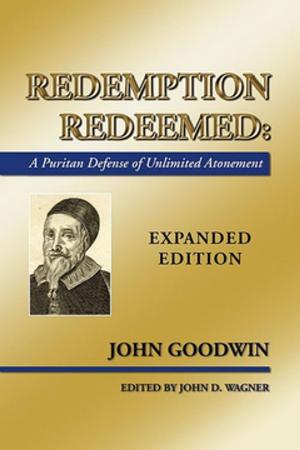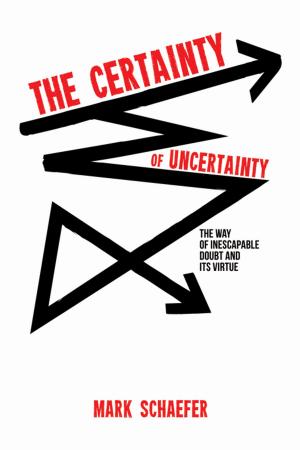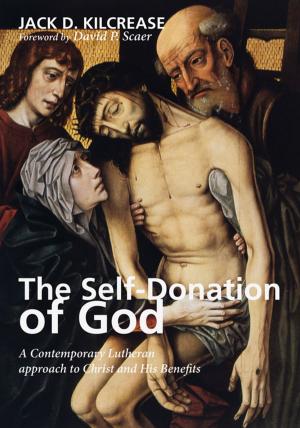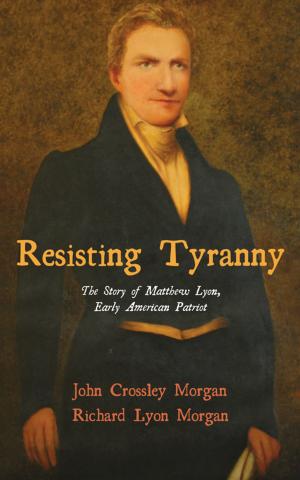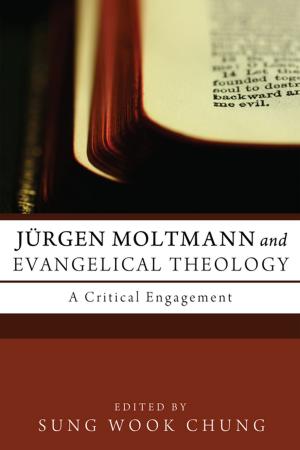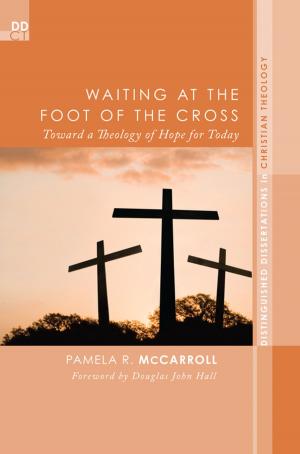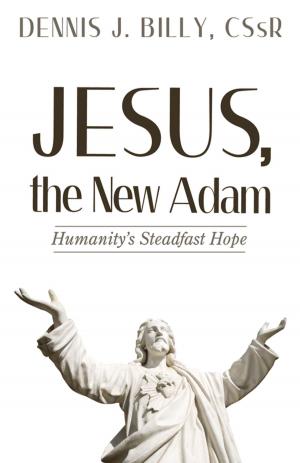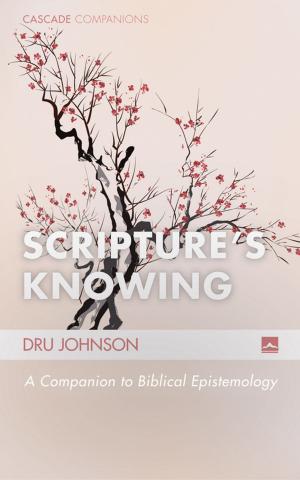| Author: | Rodney Wallace Kennedy | ISBN: | 9781630879518 |
| Publisher: | Wipf and Stock Publishers | Publication: | July 27, 2011 |
| Imprint: | Wipf and Stock | Language: | English |
| Author: | Rodney Wallace Kennedy |
| ISBN: | 9781630879518 |
| Publisher: | Wipf and Stock Publishers |
| Publication: | July 27, 2011 |
| Imprint: | Wipf and Stock |
| Language: | English |
Sermons from Mind and Heart attempts to show the week-by-week theological work that a pastor does. The combining of the intellectual with the emotional is rooted in the categories of logos and pathos from Aristotle's Rhetoric. Some of the sermons have substantive theological reflections with multiple sources and are thus heavily footnoted; other sermons have no footnotes. This doesn't mean that any sermon lacks logos or pathos but that there is an interplay, a back-and-forth, of a pastor struggling to communicate the Gospel in a this is that way that honors both the then of Scripture and the now of contemporary life. Rhetorical scholarship and methodology are important in understanding the content and the structure of the sermons. What matters most is the sense that these sermons are an ongoing theological conversation between the pastor and his congregation. Sermons, after all, are meant to be heard, and they exist in the moment as authentic rhetorical acts. All other versions of the sermon, including this written form, are only echoes of the primal sermonic experience.
Sermons from Mind and Heart attempts to show the week-by-week theological work that a pastor does. The combining of the intellectual with the emotional is rooted in the categories of logos and pathos from Aristotle's Rhetoric. Some of the sermons have substantive theological reflections with multiple sources and are thus heavily footnoted; other sermons have no footnotes. This doesn't mean that any sermon lacks logos or pathos but that there is an interplay, a back-and-forth, of a pastor struggling to communicate the Gospel in a this is that way that honors both the then of Scripture and the now of contemporary life. Rhetorical scholarship and methodology are important in understanding the content and the structure of the sermons. What matters most is the sense that these sermons are an ongoing theological conversation between the pastor and his congregation. Sermons, after all, are meant to be heard, and they exist in the moment as authentic rhetorical acts. All other versions of the sermon, including this written form, are only echoes of the primal sermonic experience.

